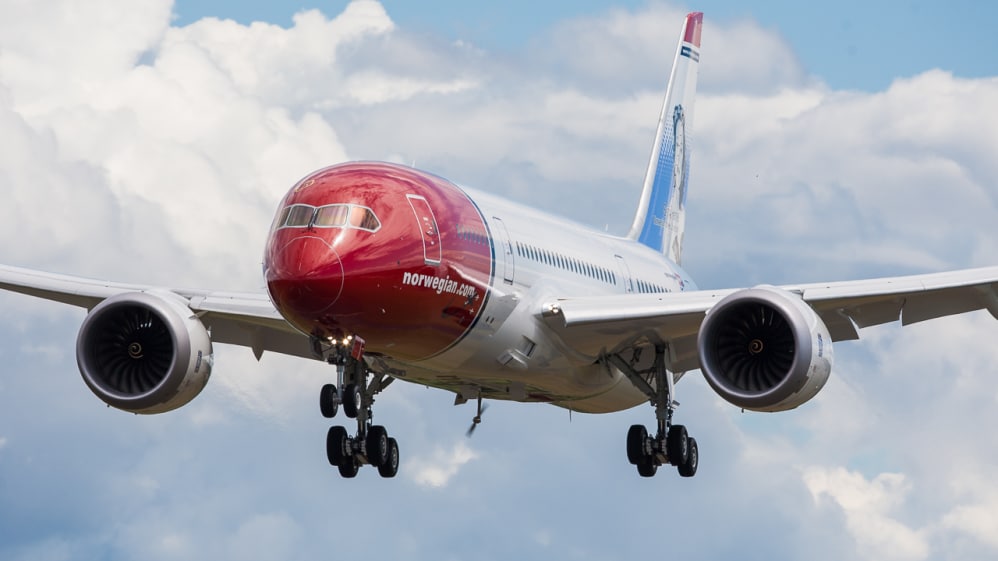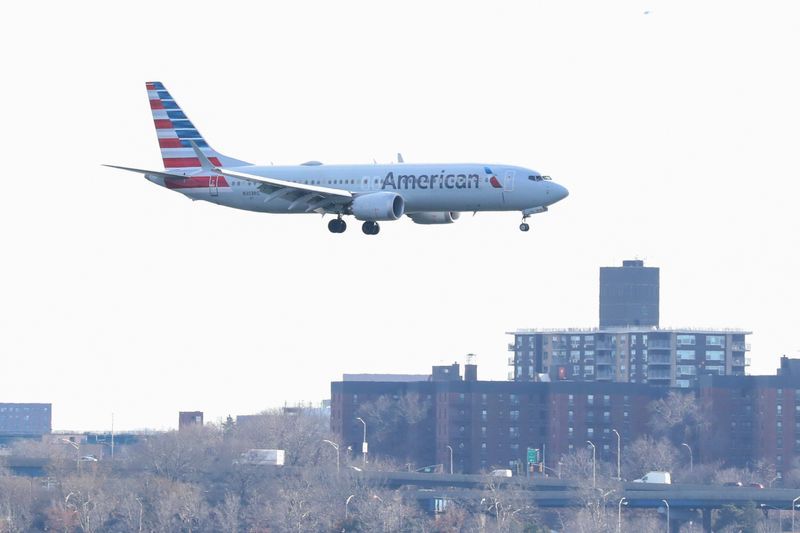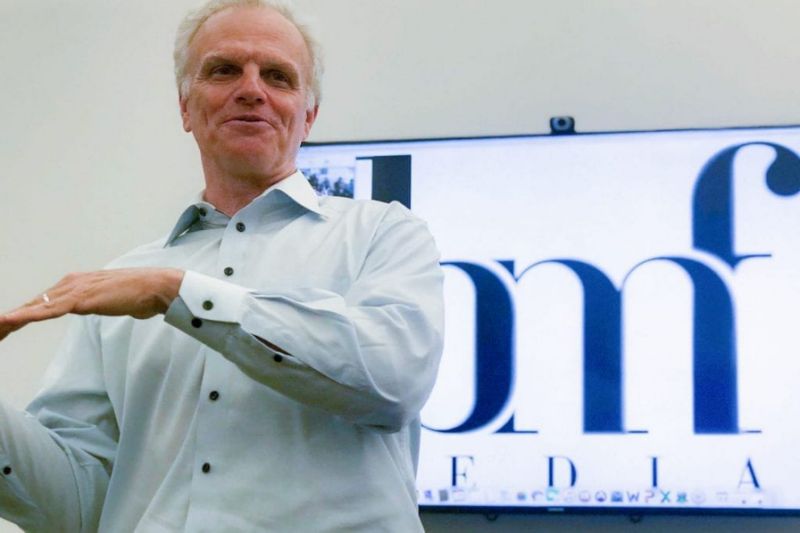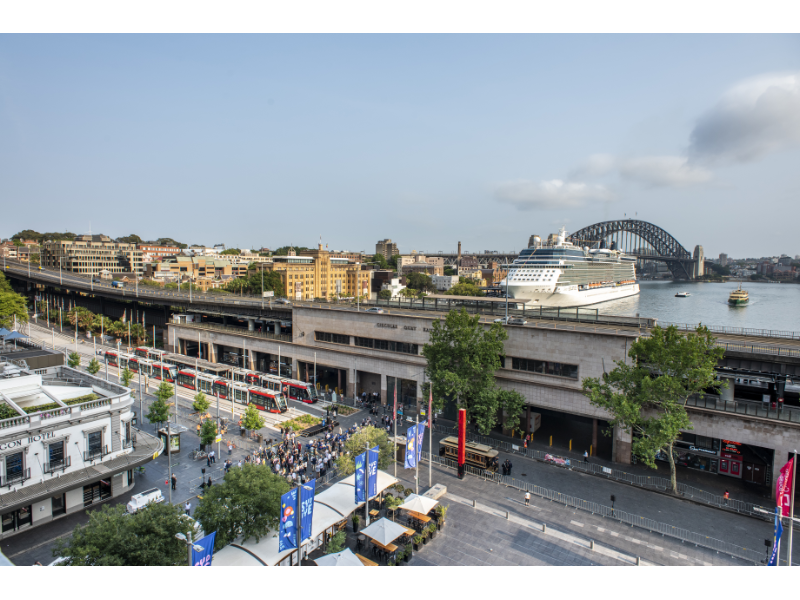- Norwegian is pleased to announce that two Nordic banks have obtained credit committee approval to provide a guarantee for the required 10 percent for the first tranche of 300 million Norwegian kroner (NOK). Norwegian will secure the necessary headroom to pursue further guarantees from the Norwegian Government.
Government measures
On Thursday 19 March, the Norwegian Government proposed a guarantee of NOK 6 billion for the Norwegian airline industry, of which up to NOK 3 billion is directed to Norwegian. The guarantee will be up to 90 percent from the Norwegian Government provided that financial institutions contribute with the remaining 10 percent. The guarantee scheme will consist of three tranches with a maximum two years maturity.
Since Thursday evening Norwegian has worked with banks and financial institutions and is pleased to announce that two Nordic banks have obtained credit committee approval to contribute with the 10 percent required in guarantee for Tranche I and to provide the NOK 300 million in financing backed by the guarantee from the Norwegian Government. The Company is working with the banks and the Norwegian Export Credit Guarantee Agency (“GIEK”), who will administrate the guarantee scheme, on the documentation in order to obtain the NOK 300 million in liquidity as soon as possible.
The Company is now working with GIEK and the Ministry of Trade, Industry and Fisheries to clarify the criteria and terms related to the remaining tranches under the scheme and to obtain further guarantees from financial institutions in order to back such remaining tranches. Norwegian will update the market with its further plan of action and implications for its stakeholders as soon as the criteria and terms have been finalized. The Government guarantee scheme is crucial for the Company as the current state of the capital markets in combination with the challenging times for the airline industry limit the options available. The first NOK 300 million will create necessary headroom to pursue the remaining tranches of the guarantee scheme.
Operational update
Currently, most of the fleet is grounded and Norwegian has reduced its operations to a minimum. The airline will now primarily operate domestically in Norway and Sweden and between the Nordic capitals, in order to deliver on its corporate responsibility of maintaining critical infrastructure so that people and necessary goods and medical supplies can be transported during this unprecedented crisis. The limited schedule will remain in place until further notice. In addition, Norwegian has conducted repatriation flights together with the authorities in order to get citizens of Norway, Denmark and Sweden back home.
In order to reduce cost, Norwegian has temporarily laid off approximately 90 percent of its workforce and will continue to implement additional cost measures going forward.








